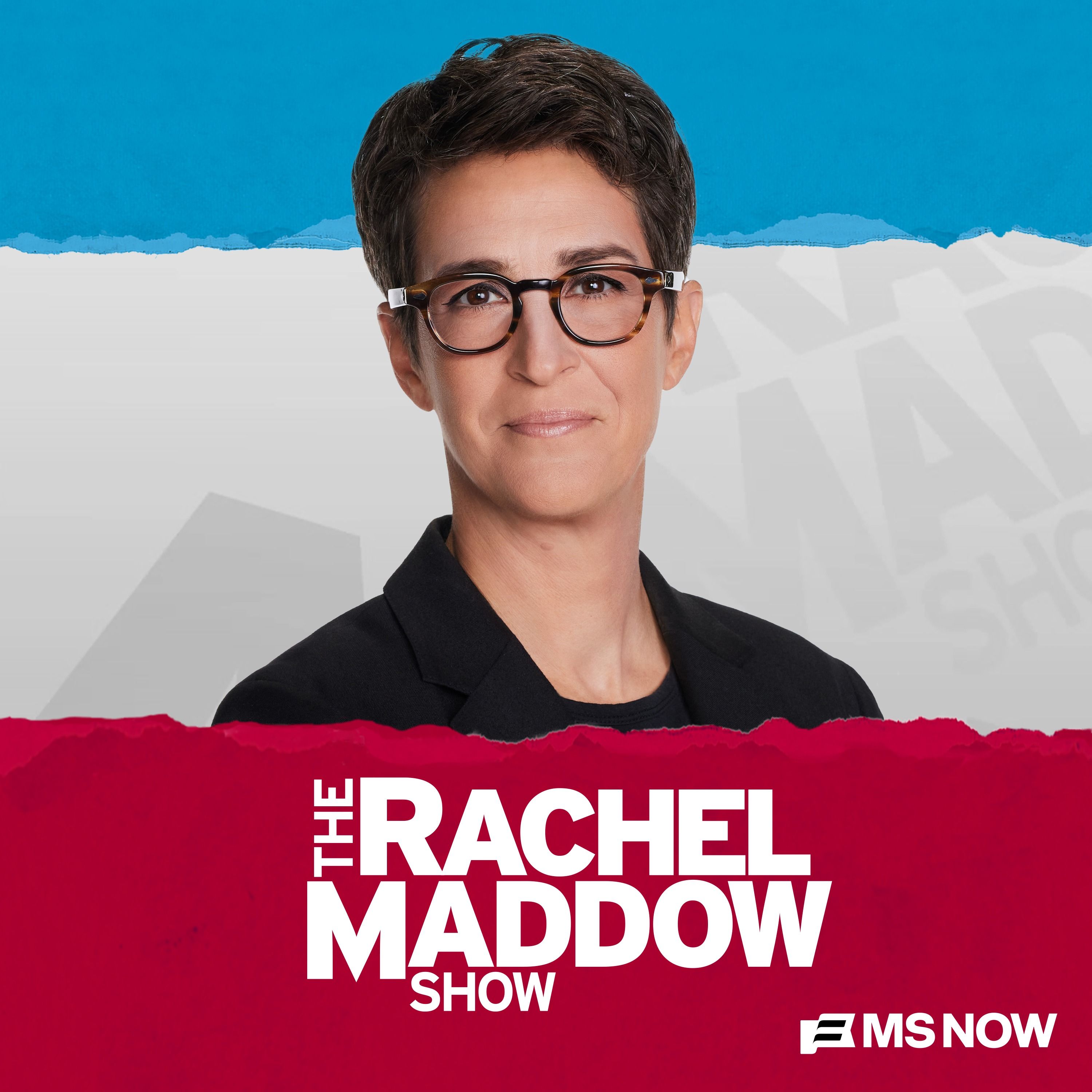Exclusive: Former Vice President Kamala Harris joins for an extended interview
Rachel Maddow hosts former Vice President Kamala Harris, the 2024 Democratic nominiee for president, on the eve of the publication of her new book, "107 Days," to revisit some of the decisions and circumstances that shaped the 2024 election, and to discuss politics and activism in the second Trump term.
Press play and read along
Transcript
Transcript is processing—check back soon.
The Rachel Maddow Show — Exclusive: Former Vice President Kamala Harris joins for an extended interview


